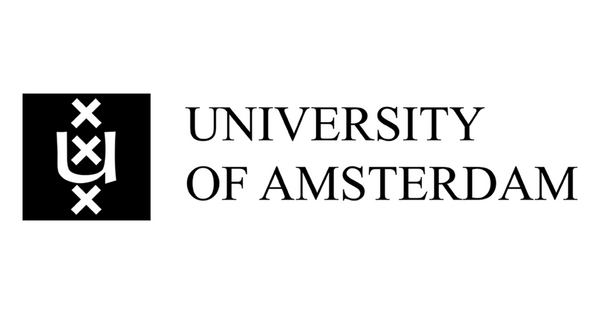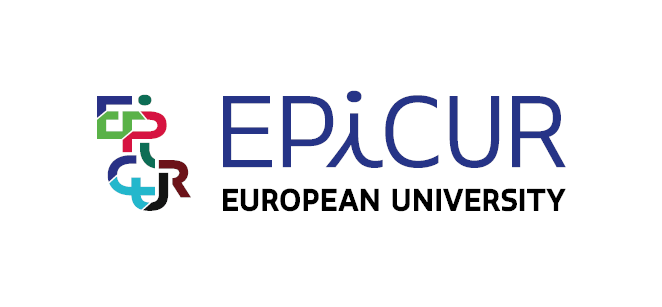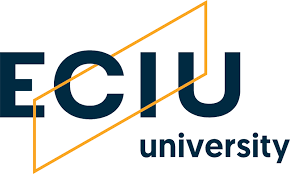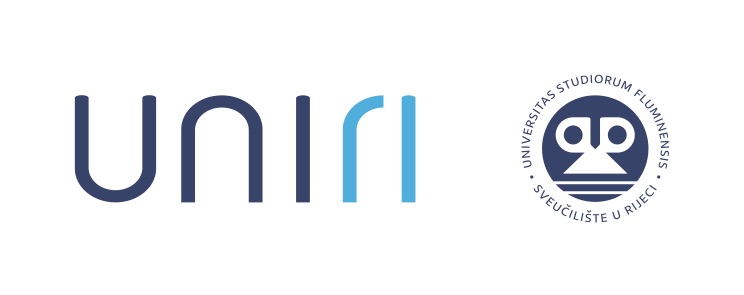
University of Rijeka (UNIRI) is the coordinator of FOCI. UNIRI is a comprehensive research university with an emphasis on public health and quality of life, innovative and open societies, bio- nano- and information technologies, energy-transport-sustainable development, and tourism. Moreover, UNIRI strives to be a model of a socially responsible, socially sensitive, and student-centred university. In 2016, UNIRI has been officially recognized as a student-centred university by the EU-funded PASCL project. UNIRI has co-led the YUFE Student Journey in the first Erasmus+ project of the Alliance and played a crucial role in the dissemination activities of the Alliance through the efforts of the UNIRI Rector, Prof. Snježana Prijić-Samaržija. UNIRI is also a recognized leader in community engagement within the Alliance and at European level.
University of Antwerp (UAntwerp) is characterised by its high standards in education, innovative doctoral school, internationally competitive research, and entrepreneurial approach. In YUFE, UAntwerp has led the development and implementation of the YUFE Quality Framework and – together with the University of Rijeka – has supported UM as co-lead of the YUFE Student Journey. UAntwerp also coordinates the Alliance-wide activities on multilingualism and financial sustainability. Moreover, UAntwerp is the coordinator of DIOSI as well as of the YUFE4Postdocs funded projects.
University of Antwerp (UAntwerp)
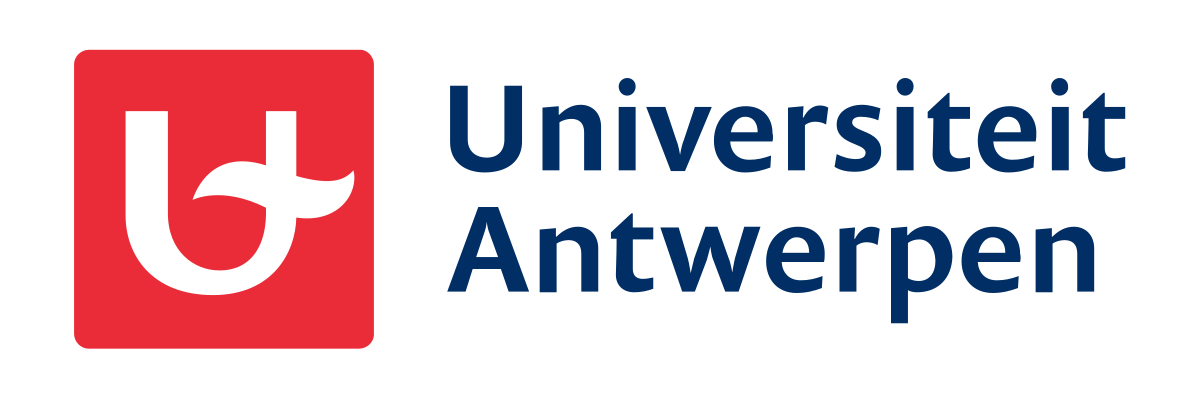
Maastricht University (UM)
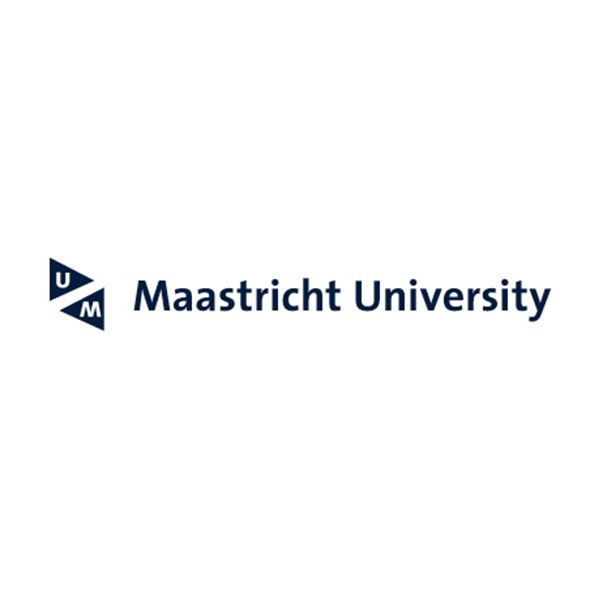
Maastricht University (UM) was also the initiator of the YUFE Alliance in 2018 and has successfully coordinated the first Erasmus+ EUI pilot, with the YUFE Management Office, YUFE Student Journey and the YUFE Virtual Campus being among the key outputs for which UM was the lead partner. It is also the co-initiator and coordinator of Inno4YUFE. UM seeks to further develop its international profile as the pre-eminent European university of the Netherlands. This is in line with its role in the Alliance and with the establishment of the UM Campus Brussels and a broad range of international and European oriented centres and institutes, such as ITEM (Institute for Transnational and Euregional cross border cooperation and Mobility), Maastricht Working on Europe (MWoE) and the United Nations University – Maastricht Economic and Social Research Institute on Innovation and Technology (UNU-Merit).
Lodz University of Technology (TUL) is the most recognised university in Poland considering innovative teaching and learning methods. TUL brings rich expertise into the ECIU University in building mobility models and schemes. The university was the 1st university in Poland and one of the first in Europe to implement a mobility window in programmes (1997). Next to this, TUL is the most experienced university in Poland with representatives in ministerial expert groups in the field of qualification systems/frameworks at the national level. TUL has a leading role in the transformational change of the region and is constantly searching for new patterns of research and education cooperation with companies, the city, and society. TUL brings in its expertise as a socially responsible university and its leading role of developing a micro-credential system in Poland. The university has a leading role in the transformational change of the region and is constantly searching for new patterns of research and education cooperation with companies, the city, and society.
Lodz University of Technology (TUL)
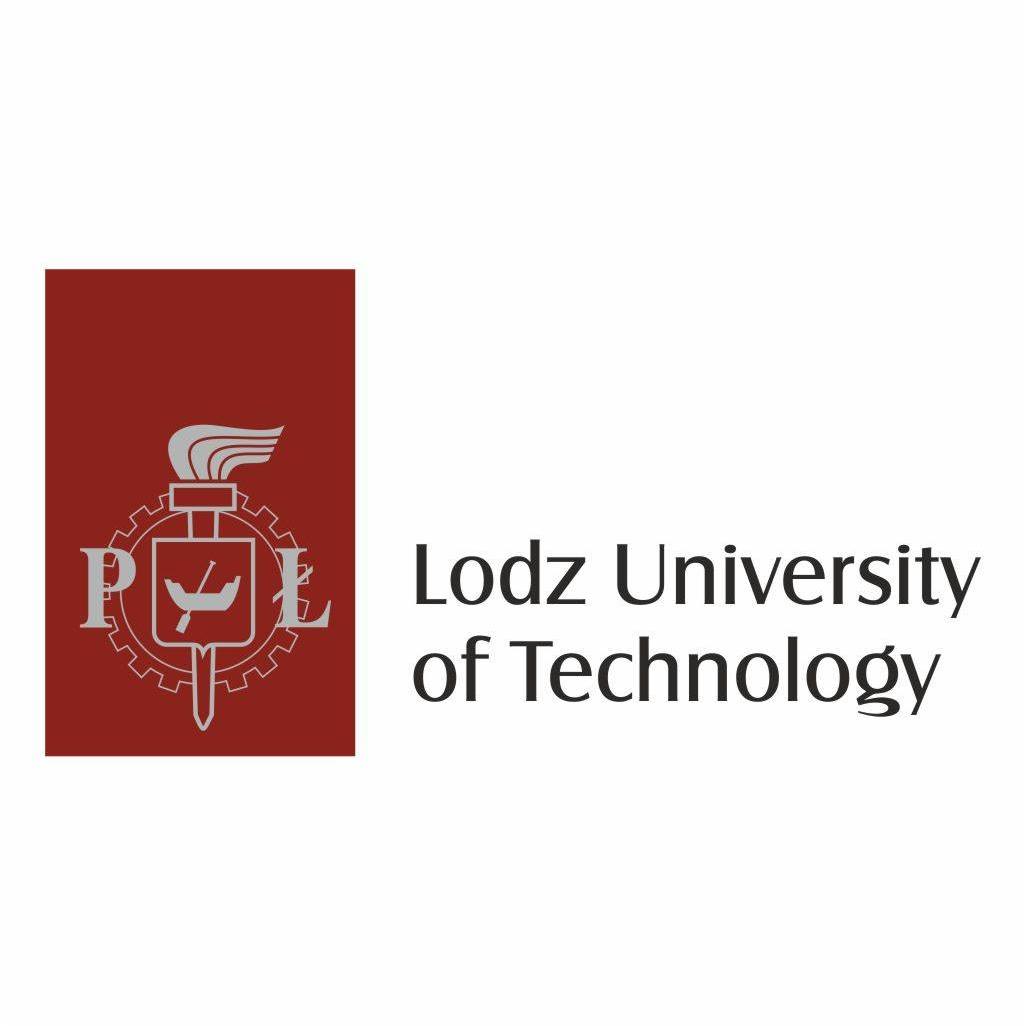
Kaunas University of Technology (KTU)

Kaunas University of Technology (KTU) is a leading Lithuanian university providing a wide range of studies and closely cooperating with business. The University provides studies of engineering, technologies, physical and social sciences, humanities, and arts. The research groups working at KTU contribute to the global scientific knowledge by conducting cutting edge interdisciplinary research on the most important questions of current time. KTU is the lead of WP4 at FOCI project and member of ECIU Alliance and brings its expertise of challenge-based activities: teaching and learning via micro-modules, research, development, and innovation. Within Erasmus+ ECIU University project, KTU was responsible for creating innovative educational model, based on Flexible learning pathways.
University of Strasbourg (UNISTRA), with its 35 components, 78 laboratories and research units, is distinguished by the multidisciplinary and interdisciplinary nature of its training offer, and by its excellence in research, conducted by nearly 2,800 lecturer-researchers, including four active Nobel Prize winners. Located at the heart of one of European capitals, home of (the first) major European institutions, blending French and German cultural influences, its history naturally ties it to the Upper Rhine region that concentrates a core academic potential of Europe. UNISTRA has a long-standing experience in coordinating networks. In addition to the EUCOR network – The European campus, UNISTRA is also very involved in other major European partnerships such as the Franco-German University, the Utrecht Network, and other Erasmus networks holding more than 800 agreements. UNISTRA is involved in more than 60 European projects and coordinates 38 of them. The University of Strasbourg coordinates the EPICUR Alliance and is in particular in charge of governance. In the second phase, it will also coordinate the set-up of an alliance-wide Educational Quality Assurance unit.
Aristotle University Thessaloniki (AUTh)

University of Strasbourg (UNISTRA)
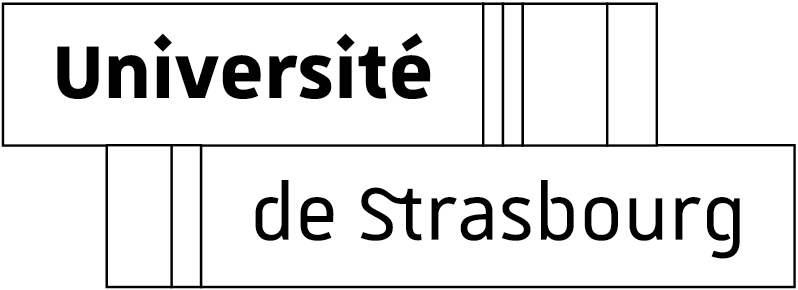
A century after its founding, Aristotle University Thessaloniki (AUTh) provides the highest level of academic excellence, through excellence in teaching and top-rated innovative research, thus contributing to the improvement of local society. AUTh is the largest university of the alliance and offers the greatest range of disciplines. AUTh actively promotes interdisciplinarity, research, and innovation, in a productive academic environment reinforcing, at the same time, its social impact. Its organizational structure is focused on teaching to the highest standards, along with excellence in life-long learning. Taking advantage of the Erasmus mobility program and of partnerships with hundreds of universities globally, AUTh offers a wide range of international experiences to its students. AUTh students as well as its Faculties/Departments regularly achieve top distinctions at national and international level. AUTh has the overall responsibility of the EPICUR inter-university campus development with the EPICUR alliance.
University of Amsterdam (UvA), founded in 1632, is the Netherlands’ largest university, offering the widest range of academic programmes. The UvA is a modern institution with a long and rich history and a strong international orientation, which is reflected in the curricula of the various degree programmes, in the University’s research activities, and in its organisational culture. The UvA is a top-100 university globally and one of Europe’s best universities. It is a research-intensive university where top-quality research takes place across the full range of our disciplines. They stand for cutting-edge research that builds knowledge while seeking to understand and find solutions to complex issues facing society. Within EPICUR, UvA coordinated the activities concerning multilingualism and languages including the Language and Culture pathways and will lead the set-up of the EPICUR mobility office in the next phase of the alliance including the legal requirements for mobility.
University of Amsterdam (UvA)
